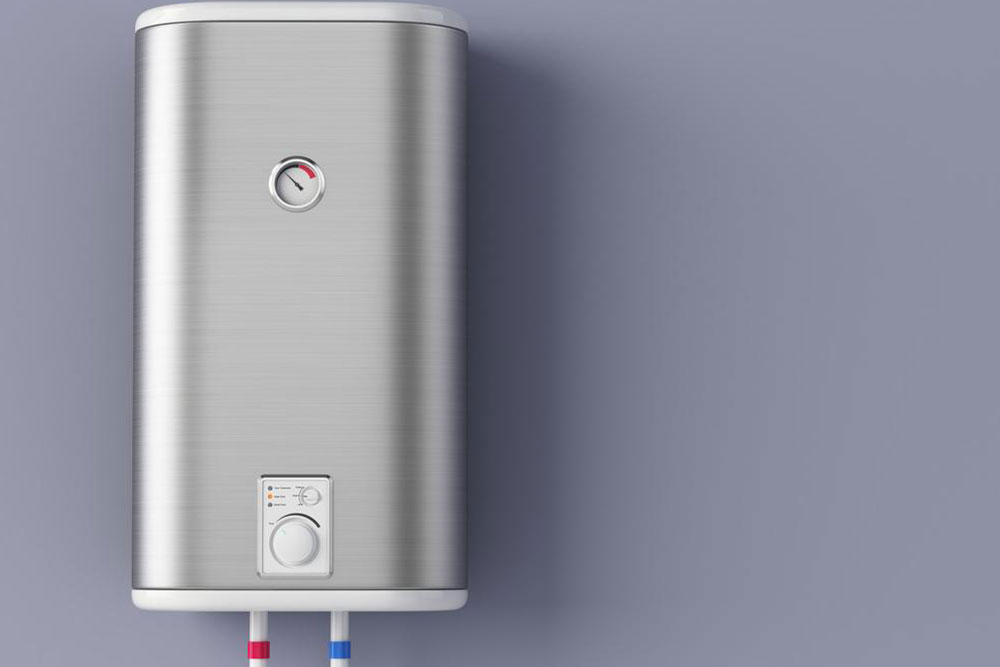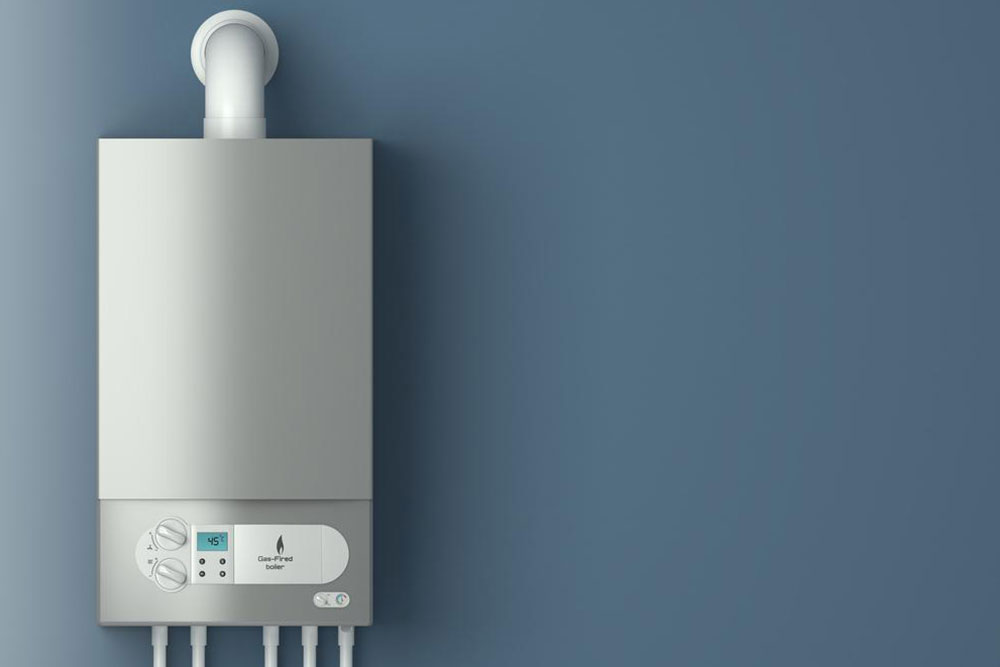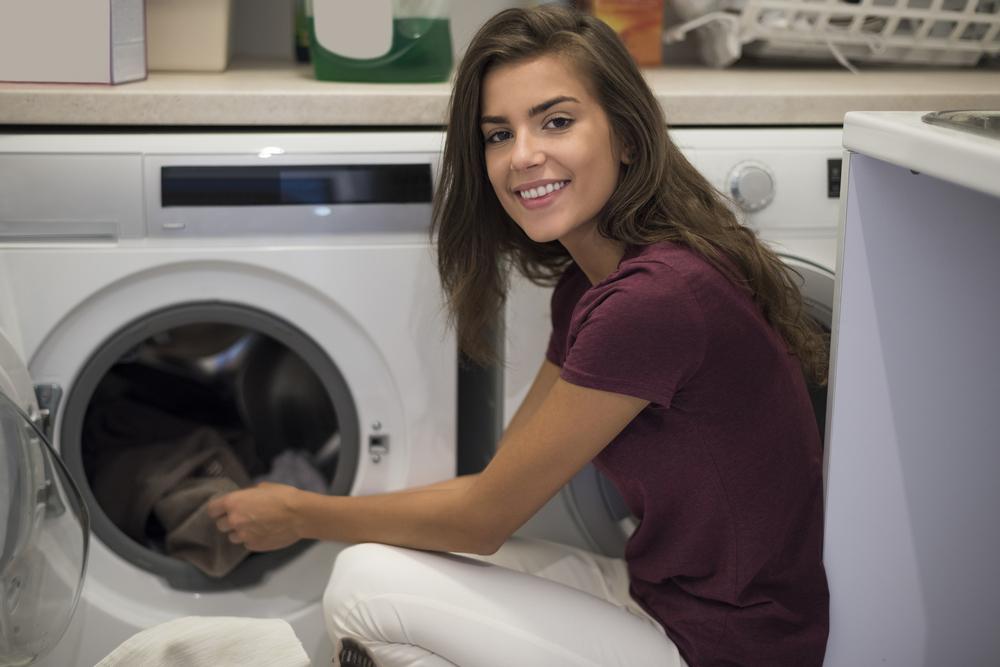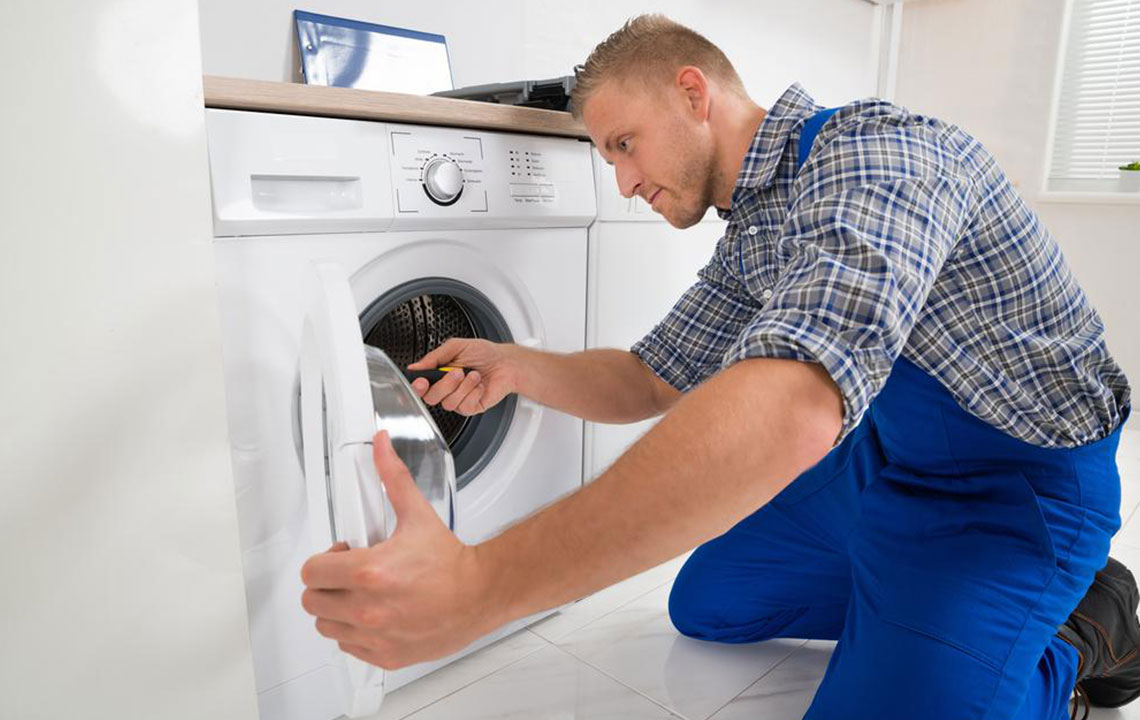Choosing the Right Tankless Water Heater: Expert Tips
Learn how to select the ideal tankless water heater for your home with expert tips. Understand the workings, benefits, and installation advice to ensure optimal hot water solutions. Find out if a tankless system suits your household needs and discover potential drawbacks to consider for efficient and safe performance.

Choosing the Right Tankless Water Heater: Expert Tips
If you're looking for instant hot water without high energy bills, tankless water heaters are an excellent option.
How tankless systems work
Popular in European and Asian markets, these units provide immediate hot water on demand by heating water directly via a heat exchanger as it flows through pipes, customizable to your preferred temperature. Cold water is heated as needed, flowing continuously when powered.
Powered by electricity, propane, or natural gas, these systems tailor hot water output to your needs, reducing standby energy loss and increasing efficiency. Their compact design and absence of a storage tank mean less space use and improved durability, with resistance to corrosion for extended lifespan.
Is a tankless heater right for your household?
If your hot water use stays below 40 gallons daily, a tankless system is a practical choice. You can opt for a unit at specific fixtures or a whole-house setup for bigger needs.
For larger families requiring greater hot water volume, multiple point-of-use units can be cost-effective. Though initially more expensive than traditional tanks, the long-term savings on energy bills and convenience make them worth considering. They provide instant hot water, reducing delays in supply.
Important factors to examine include fuel source, capacity, efficiency, and installation costs when selecting a model.
Installation recommendations
Always choose reputable brands and hire professional installers. This is not a DIY project; proper installation must follow local safety standards and codes. Licensed professionals are especially essential for gas models to ensure safety and compliance.
Possible disadvantages of tankless heaters
They depend on correct flow rates; improper sizing can lead to water wastage. Gas units may carry safety hazards if improperly installed, and managing multiple fixtures can be complex. Maintenance, although necessary, can involve additional costs.
Note: Our blog provides well-researched information on various topics. However, it's not a substitute for professional advice. We do not guarantee accuracy or external sources. Promotional offers mentioned may vary or be better available elsewhere.


